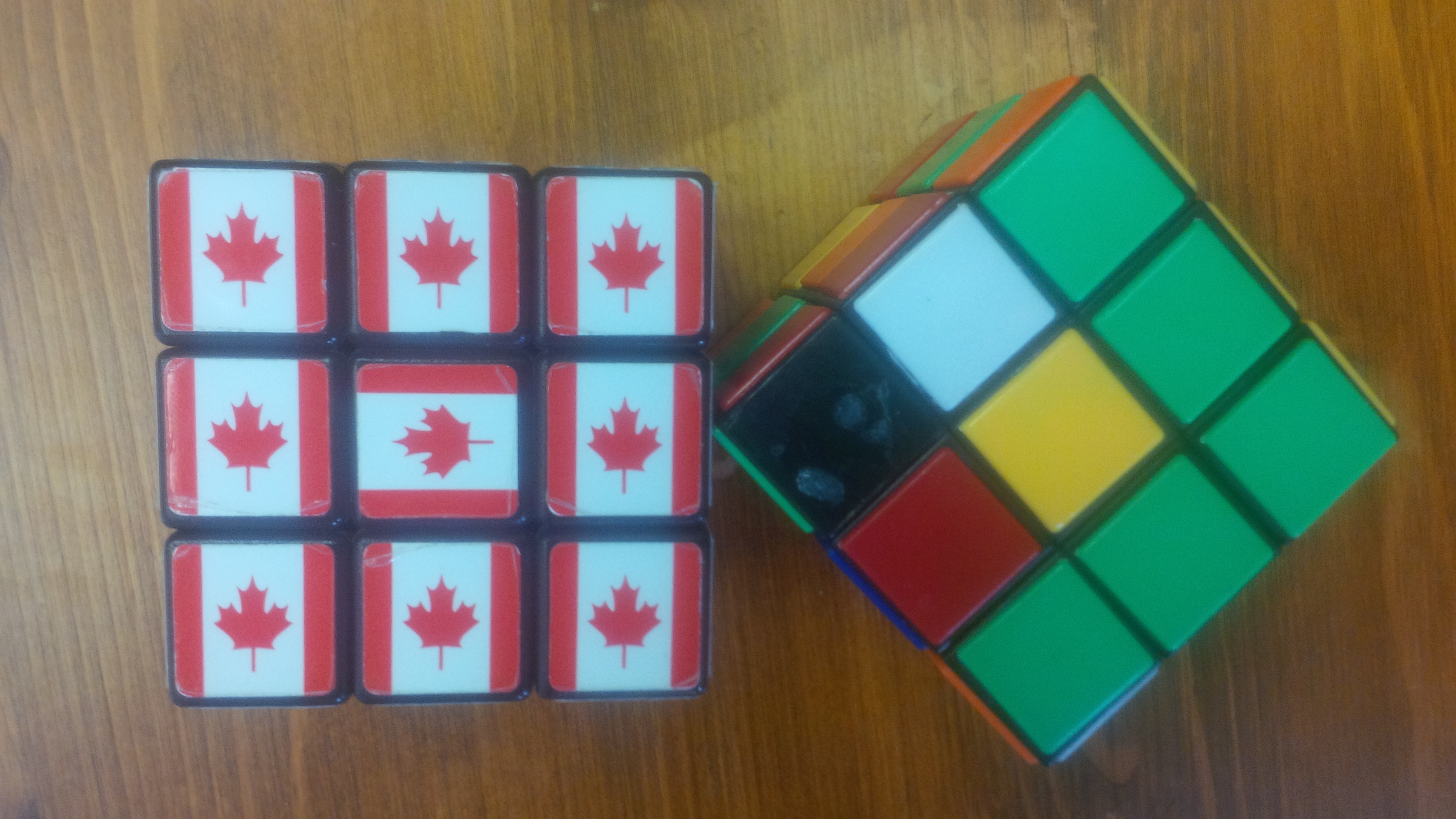One of the ways that I annoy my wife, is that when people call the house to ask if I want to take part in a survey, I almost always say yes. I agree, not because I’m a pushover (that’s debatable) or because it allows me to shirk other responsibilities at home, but because I am a numbers guy. While my profession and the degree I eventually got may not back this up, I am still very much interested in statistics and in statistical tools. A survey is simply a statistical tool designed to determine what a group of people thinks, and the outcome of the survey is the most reliable when participants like me are willing and honest. An election is really nothing more than a survey with more pressure to participate and more concrete results. That is really the extent of my political engagement.
During campaigning season, there is a lot of pressure on people like me to assign much more value to an election than that. They will point to the most recent election here in Alberta as proof that each vote does have the power to bring about change. But the power of each vote is the same, no matter what the election results are. At least the “your vote has power” message is the same from year to year. But it isn’t so much the power to change that I disagree with, but the value of the change or even the value of the status quo.
As I was thinking this through, I devised a test for myself. Whether you agree with my premise or not, you can follow along.
- First we need to think of a few parallels. An election puts someone in power for four years, give or take, and maybe they stay in for longer. So we need a parallel thing that is part of your life for that long. It might be the vehicle you drive, the house or apartment you are living it, who your neighbours were, etc.
- Then, think back to some of the biggest moments in your life. Think back to a new job offer, a graduation, a big trip, a religious conversion/awakening, the birth of a child, a marriage proposal or wedding, etc.
- Then for each event that you think of, try to visualize it and see which details you can remember.
- You might be able to remember the personal, ie. who else was there and maybe even what clothes you were wearing.
- Can you also remember the secondary, ie. what vehicle you were driving, where you were living and maybe who was living beside you?
- Now, try to remember who was in power, at a civic, provincial or national level.
- For all of these questions, don’t think backwards. Don’t first think what year it was and then get your answers based on what you know was happening that year. Is there something inherent to your memory that brings those details out?
My guess is that many of us will be able to remember some of those personal and even secondary details, but unless a politician was part of the day, we won’t be able to link the political.
The obvious response would be that just because we don’t remember something doesn’t mean that it isn’t important, but I think that it does help to recontextualize the kind of importance they have. Regardless of whether or not we are supportive or even aware of what they are doing, they are working behind the scenes (often behind closed doors) to ensure that we have new job opportunities to accept, schools to graduate from, hospitals in which our children can be born and roads on which our more memorable vehicles can drive on. The changes that happen on election day are much less drastic than ruling or opposition parties want us to believe. I’m happy to acknowledge that they are still important, but I would prefer to have their kind of behind the scenes importance be reflected in election ads.

Leave a Reply